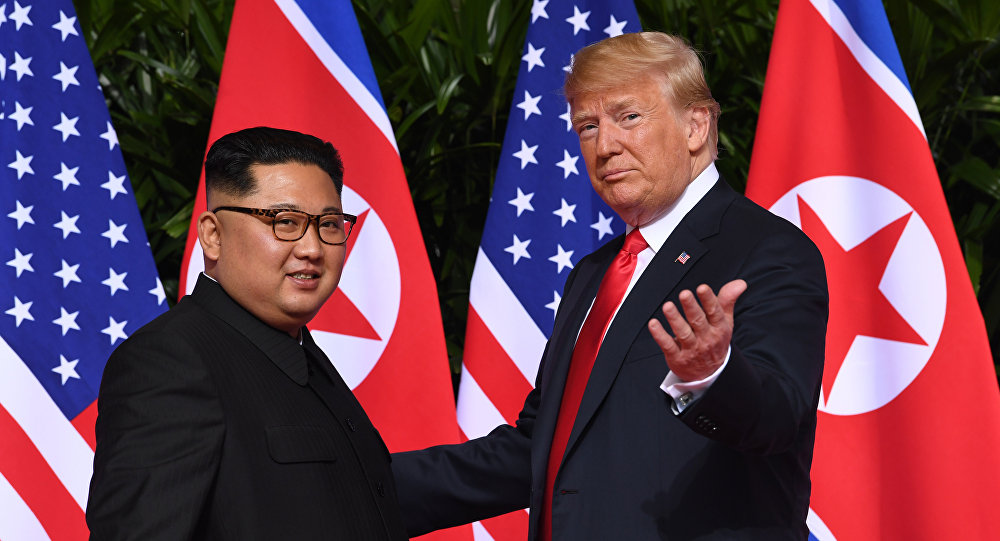The recent summit between Donald Trump and Kim Jung Un of North Korea represents a conspicuous failure for the United States. The American president set unrealistic goals for his negotiations (a potentially remediable mistake), but he also was forced to operate beyond his limited diplomatic skills (an irremediable liability). One thing is now indisputable: Negotiating nuanced and complex national defense policies is not analogous to commercial real estate or casino transactions.
The Hanoi summit failure is not the end of this story. There will be additional consequences — and substantial ones — for the United States and its allies if Trump’s assumed parallels between raw commerce and strategic bargaining are left unchallenged. Over time, this president’s odd notion that what is necessary in high-stakes diplomacy is “attitude, not preparation” could prove more costly than gainful.
Far more costly.
In the worst-case scenario, such blatantly erroneous thinking about diplomacy and commerce could result in a regional or even trans-regional nuclear war.
At the end of January, the heads of all major American intelligence agencies testified before Congress regarding principal national security threats to the United States. Regarding virtually all considered hazards, but most notably the many-sided and clearly daunting issue of North Korean denuclearization, these frontline experts contradicted President Trump.
This is the same president who asks us to share his trust in Kim Jung Un, Vladimir Putin, Philippine President Rodrigo Duterte and Saudi prince Mohammed bin Salman.
This president’s incapacities and debilities can no longer be denied, and he can be expected to heed his untutored instincts — drawn from the narrow and corrosive worlds of one-upmanship and punitive litigation.
Should the president trust these personal intuitions over the measured analyses and capable assessments of his senior intelligence and military professionals, it would not be good for the security of the United States, or for that matter, of North Korea, South Korea or Japan.
Continuing to follow an unqualified president represents the worst of all possible strategic choices.
Without doubt, once either or both adversaries were to cross the nuclear military threshold, neither side could speak plausibly about any “victory.” The same sobering conclusion about applying traditional criteria of “winning” and “losing” applies to currently escalating conflicts in southwest Asia between India and Pakistan.
These two already-nuclear states are potentially poised to become the world’s first authentically nuclear combatants. Moreover, an India-Pakistan nuclear war could have certain dramatic and irrepressible “spillover” effects upon North Korea and the United States.
A knowledge of relevant history is essential to high-stakes diplomacy, but Trump reads almost nothing. Never has there been an American head of state whose personal deficits so clearly augur an existential crisis. Although we may have had unsuitable, similarly coarse and anti-intellectual presidents in the past, what is uniquely ominous here is the unprecedented juxtaposition of personal unsuitability with proliferating nuclear weapons technologies.
The plain fact is “attitude” is not more important than diplomatic “preparation.”
The U.S. House of Representatives must begin to prioritize core national security obligations ahead of all other considerations. Failure to do so could result in a nuclear winter of certain discontent.


























